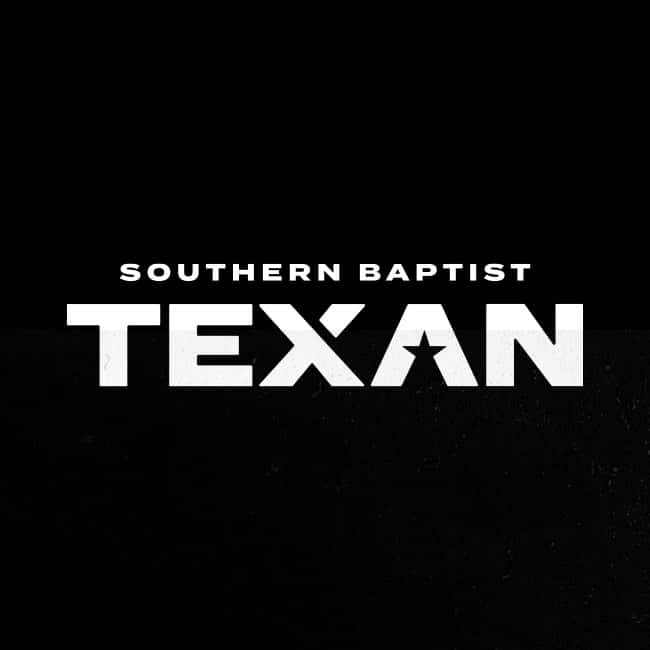| The images from a natural disaster are startling; they look anything but natural. I’ve driven through flooded neighborhoods in Sioux Falls, N.D., and Houston and St. Louis, where the curbs were lined with ruined possessions and soggy building materials. When Lancaster, Texas was devastated by a tornado a few years back, friends showed me an enormous pile of rubble out by the airport?all that remained of pretty homes I’d walked past a hundred times. The continuing reports of Florida’s suffering are exactly the same. We should consider the meaning of natural catastrophes.
I don’t mean that we should try to figure out why these things happen so much as what they should teach us about our lives and our God. Hurricanes and their fellow travelers are no respecters of persons. Trailers, apartments, tract homes, and custom-built estates are all brought low when attacked by enough wind, water or earthquake. It reduces residents to bleary-eyed refugees. The degree to which they trusted in their possessions is the degree to which they have been made suddenly hopeless. Hopelessness can be a pretty effective attention-getter. It is sobering to think of how quickly our priorities can be changed. Guys that didn’t have time for their kids suddenly have lots of time when a wildfire takes the house and leaves only the family safe. People who have no time for God flock to churches or Baptist disaster relief teams when reduced to their basic needs by wild weather. Of course, they will learn something important from the experience. What about the rest of us, safely separated from the danger by miles and time? Can we brace ourselves for the storm in a way that doesn’t involve plywood and sandbags? The first step in doing so is to consider some hard facts. None of us is immune to disaster. Our family lived for five years in a house where two of our neighbors lost their homes to a tornado shortly after we left. Whether it is fire, wind, water, blizzard or space debris, we are vulnerable to the kind of life-changing experience we see our brothers in Florida facing today. A health catastrophe may also be as near as a minor change in your heart rate or blood chemistry. Humility before our God is a sane response to reality. Instead of clucking our tongues or knocking wood when we see trouble in other places, imagine how we would respond to suddenly losing all but our lives. Does your likely response imply any change in priorities? Our safety is in God’s hands. No insurance is adequate to restore your status quo. Each year, many of our fellows find they have chinks in their protection that insurance will not even address. They not only hoped in something inadequate but also something careless of their particular need. This is more scary if we think we can control our risk. My control of my circumstances is an arrogant illusion. Of course, God can protect us but when he has another plan for us, we will experience all that he allows. Safety is as God defines it. This can be frightening to a believer. God’s priorities might not be focused on our comfort to the degree we hope. Romans 5:3-5 tells us of the relationship between tribulation and patience and character and hope. Three of those four we would aspire to, but that fourth thing is the first in the progression. Jesus also tells us that our eternity is more important than our present state in Matthew 18:7-9 (“… if your hand or foot ? eye causes you to stumble …”). Jesus is using hyperbole to make the point that we were made for eternal life. These passages alone tell me to be careful not to spend all my attention on things I cannot keep, even my precious flesh. This lesson should put great losses into perspective whether in my life or in the lives of others. Most of us can also testify to the temptations of comfort. Like Israel did, we take God for granted during times of blessing. We take credit for things only he can provide. The digression from ingratitude through destruction threatens us when we are too self-assured. We aren’t meant to live that way because it is not the truth. Our assurance does not come from withi |














